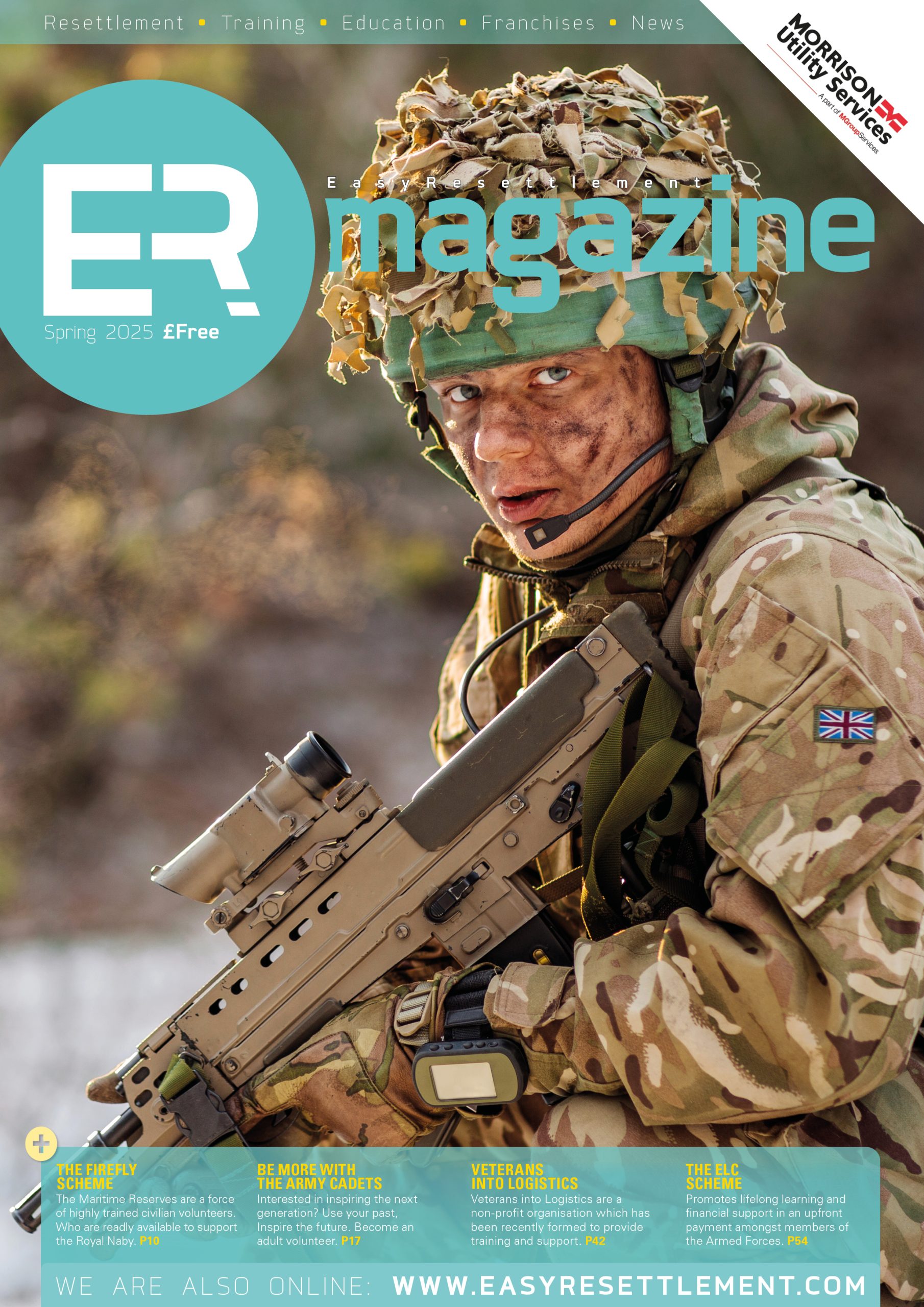Morson International
Interview with Daniel O’sullivan.
Daniel o’Sullivan served in the RAF for nearly 24 years. in that time he took part in 12 tours across the UK and Europe in his position as Engineering Manager.
In 2014, Daniel made the transition into civilian life after serving in the RAF for over 23 years. Finding a fulfilling career was a top priority for Daniel, and with help from the global engineering recruitment firm, Morson international, he found a role that was right for him with BAE Systems working at RAF Marham, Norfolk.
Daniel spoke to Jennifer Morris about the steps he took to transition successfully into his civilian role.
Jennifer Morris (JM): Hello Daniel, can you tell me a bit about your career in the RAF?
Daniel O’Sulivan (DO): I joined the RAF in 1991 and served over 23 years in total. I was based all over really – in Germany, as well as doing tours of Scotland, across England in the lincolnshire area – in total i’ve done about 12 tours of different places. I have also been part of many operational deployments including the Falklands, Oman, Iraq and latterly Afghanistan.
JM: And did you work on a variety of aircraft or did you specialise in one type?
DO: I worked on a variety of different aircraft Ground Equipment. My trade was as a Ground Equipment Electrician, so it wasn’t restricted to one type of aircraft. Certain Ground Equipment is aircraft specific and there is also generic equipment that can be used on all aircraft types. As a Ground Equipment technician you can go from working on the tornado equipment at RAF Marham or RAF lossiemouth to working at the typhoon equipment at RAF Coningsby. The Ground Equipment just changes depending on the platform you are either posted to or deployed with.
JM: You transitioned recently in June 2014 – how are you finding it?
DO: It is still very much a transitional period. From my perspective, I worked at RAF Marham as a Senior Non Commissioned officer in charge of training in the Ground Equipment World. i then left and came back a couple of months later as a training Specialist in the Combined Maintenance unit. It’s not a drastic change for me – in terms of what we’re doing it’s really very similar, just in a different area. The challenge of transition is getting used to not being in the Royal Air Force anymore, and not being part of that circle of being in a blue suit and the security that brings. Now, I’m employed through Morson and working for BAE Systems as an individual.
JM: And do you find that it’s more flexible, that it gives you a bit more freedom?
DO: It’s more settled – within the RAF I was much more reactive. If there is an international or domestic crisis then you can end up being deployed at short notice. Now, I come to work and I know next week that I’m going to be here because this is my job and there is no expectation that I will need to move at short notice. Being in the RAF is very secure in terms of job security but then the actual job role is quite insecure because of the transient nature of life in the Forces. If I was still in the RAF for instance then in I would expect to move within the next few years as well as deploy on a six month tour overseas whereas now that i am no longer serving I can choose when and if I wish to change location.
JM: With that in mind then, how did you go about approaching your job search?
DO: The first thing I did was to figure out what I wanted and what suited me and my family. I have children doing GCSEs and A levels, so stability is important over the next few years in terms of location. Although I am reasonably mobile I wanted to have a firm base that I would return to ideally daily, rather than weekly. I then considered the industry I was interested in working in, and what would make me happy. There’s no point in leaving the Forces and doing something that makes you unhappy because it’s convenient or local. So I looked at a few industries such as Norfolk’s food industry which employs a lot of engineers and technicians, as well as offshore wind and offshore oil careers but I dismissed them because of the instability of having to be away from home a lot.
JM: How did Morson international help you?
DO: It was making that connection really – putting me in front of the right people. BAE Systems was looking for skilled workers and I matched the requirements, experience and skills that they needed. The irony of my situation was that I was right under the nose of BAE Systems and looking for work, and BAE Systems were looking for people with my skills – Morson provided that link.
JM: Based on your experience what advice would you give to military personnel who are approaching the end of their service and are transitioning into civilian roles?
DO: Get your profile out there – use as many tools as you can in terms of social media and put your Cv on websites and job boards – be brave. No-one’s going to come along and knock on your door. Opportunities are there but they are not always as visible as perhaps they could be. Just be positive and utilise everything available to find the right job for you.
www.morson.com
www.baesystems.com


Comments are closed, but trackbacks and pingbacks are open.